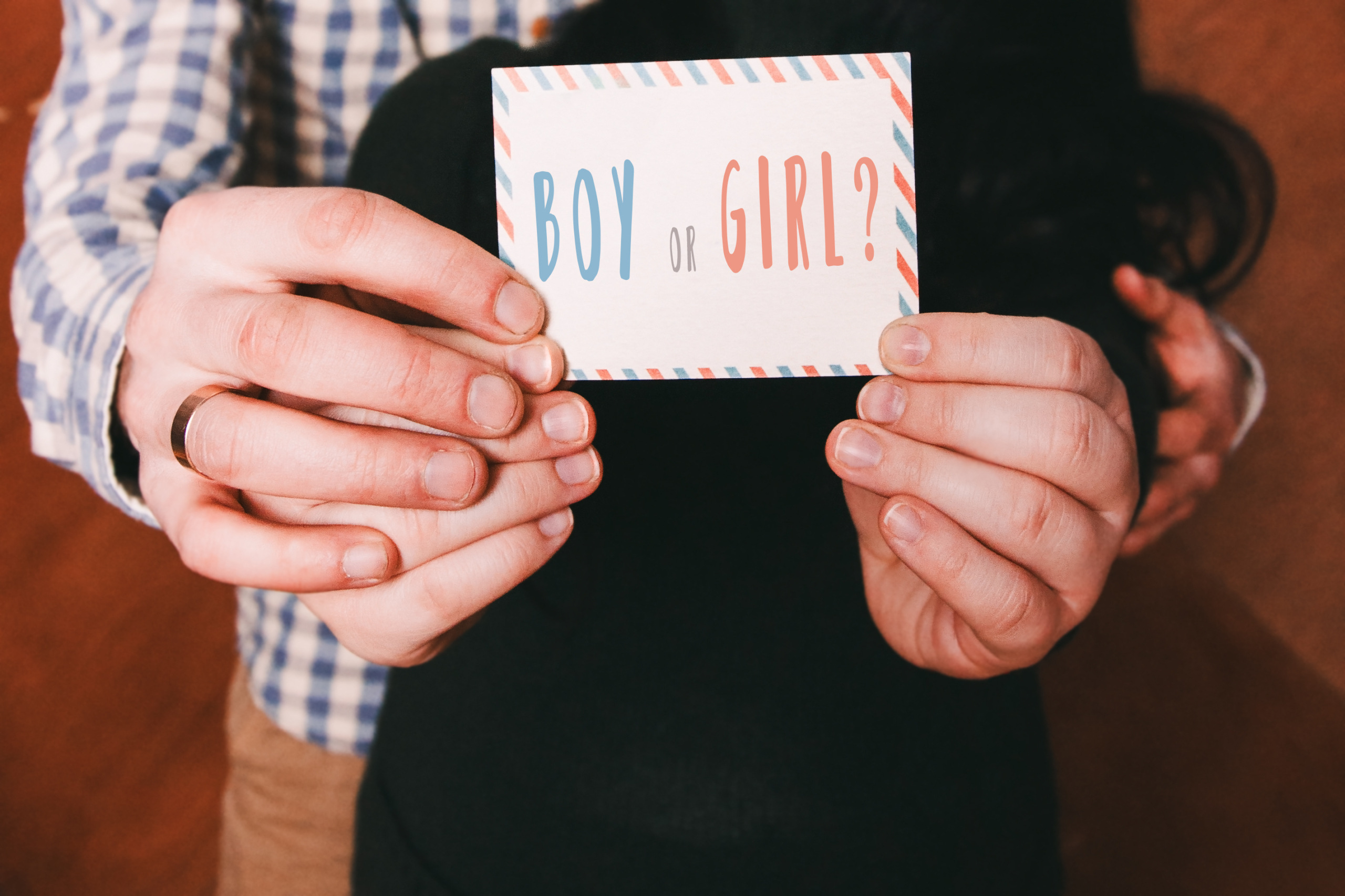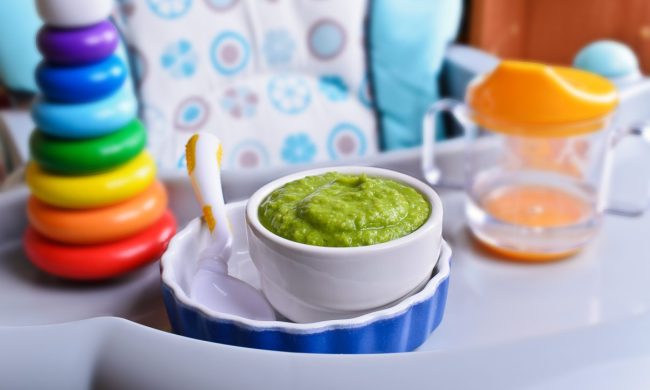So you’ve just found out your baby’s gender. Now you’ve been planning out the most elaborate, surprise gender reveal party. But… “Have you picked out a name yet?” That is probably one of the most frequently asked questions new parents will hear throughout the pregnancy.
One approach to picking out a name is to look to different cultures for unique names. This research can be quite interesting, and you may even choose a name that has a special meaning or history behind it.
The Semitic culture is just one example and provides many Hebrew baby name choices steeped in rich, fascinating traditions.
Now, as you can imagine, this article cannot even come close to listing all the popular Hebrew baby names. To make it easier, we selected a few directly related to Judaic history, religion, or significant symbols.
The traditions for naming a baby
To begin with, in the Jewish culture, the naming of a child, in itself, is part of a religious ceremony. For boys, the parents grant the name at the time of circumcision. For girls, the parents name their baby when the Torah is read shortly after she is born. For both genders, names are usually derived from the Torah or the Talmud. In fact, many Hebrew baby names have slight variations, so it is not uncommon to see names that are also unisex.
Hebrew baby names for girls
Here are some of the popular Hebrew baby names for girls. Most of these names also carry a special, historical, or spiritual significance:
Abigail is one of the most common yet popular names of Hebrew origin. This name’s meaning translates to “my father rejoices” and is present in the Old Testament. Also, the Talmud refers to Abigail as one of the seven prophetesses and King David’s second wife.
Rachel, another popular name, implies tenderness or refers to a ewe or “one with purity.” Rachel was one of the four Jewish Matriarchs, having been one of Jacob’s two wives and the mother of Benjamin and Joseph, from whom originate two of the 12 tribes of Israel. To this day, her tomb is a venerated site of prayer.
Devorah (Deborah, Debra) was the prophetess, warrior, and judge who led the revolt against the Canaanites. Devorah means “to speak kind words” or “swarm of bees.”
Another option, Gal, means “wave” in Hebrew and, by itself, can be a name or a diminutive for Galit or Galia.
Hadasa is another choice that carries special meaning because it’s the Hebrew name of Esther, the hero of the Purim story. Also, it’s the title of one of the books in the Old Testament. Literally translated, “Hadas” means “myrtle.”
Finally, Yoana or Joanna means “God has answered” or “grace.”
Hebrew baby names for boys
Likewise, there are many options for boys’ names to choose from as well. Here are a few suggestions that also bear a special significance to the Judaic culture.
For example, Abraham bears a Hebrew origin, which means father of the multitude. He was one of the original patriarchs, and God changed his name from Abram once he appointed him as the father of the Hebrew nation.
David is another Hebrew name, carrying the meaning of friend or beloved. This name is also quite important history-wise since King David was the second monarch of Israel. He is counted as the ancestor of all future kings, including the Messiah.
Saul, another popular name, was the first Israeli king anointed by Samuel. This name means “ask for.”
Aaron is another much-beloved name in the Jewish tradition, and this historical and spiritual figure was considered highly important because he was the older brother of Moshe (Moses).
Other famous Hebrew names are Adam, which means “earth,” and Zebulun, which means “abode maker” and is the name of Jacob and Leah’s sixth son.
Unisex Hebrew names
Additionally, you will find many unisex Hebrew names that would come in handy if you’re waiting until your baby is born before finding out the gender or if you’re having trouble deciding on two names.
Here are some choices to consider:
- Leor, which means “My light” in Hebrew. This name would be a special gift to pass on to your little one if they’re born during the eight days of Hanukkah since it’s known as the “Festival of Lights.”
- Ariel, which is more commonly chosen for girls, is also a great name for a boy. Ariel means “lion of God” and can be shortened to Ari.
- Jordan is a popular Hebrew baby name that means “flowing down.” It’s also the name of a historically significant location, the Jordan River.
- Amit, another popular choice for boys and girls, means “friend.”
- Uriah is traditionally a name chosen for boys, but in recent years, it has become a popular name for girls as well.
- Iman is short for Immanuel, which means “God is with us.” Its more familiar variation, Emmanuel, is also a popular unisex name.
And for more ideas, you can also refer to any of the following books, which contain many Hebrew baby names and their meanings.

- The Complete Book of Hebrew Baby Names by Smadar Shir Sidi
- Your Name Is Your Blessing: Hebrew Names and Their Mystical Meanings by Rabbi Benjamin Blech and Elaine Blech
- Best Baby Names for Jewish Children by Alfred J. Kolatch
Now that you have a few suggestions to ponder and some volumes to look into for more name ideas, you can start narrowing them down to some of your favorites. In the meantime, mazel tov!




